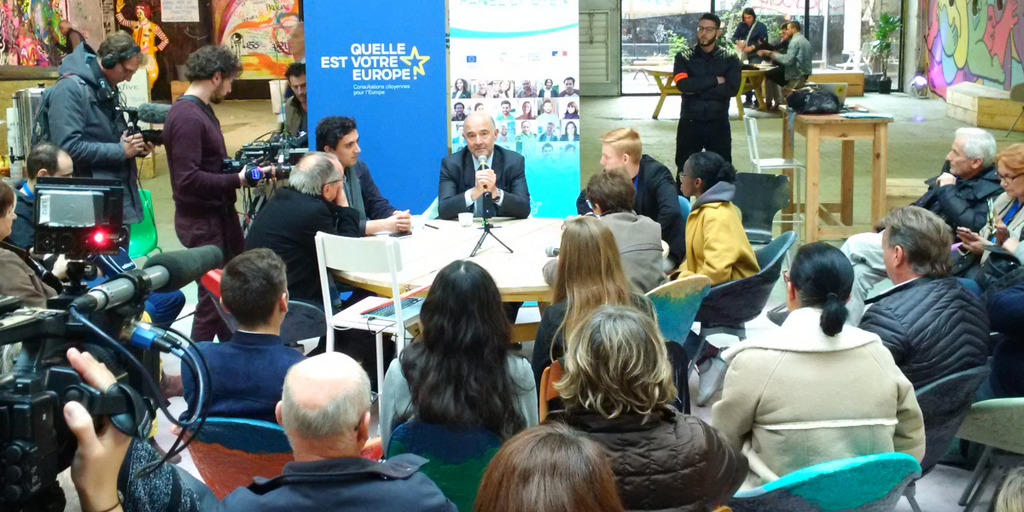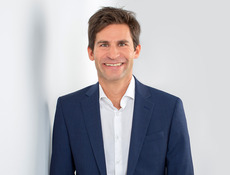In May 2018, the European Commission organized a first panel in Brussels bringing together 100 citizens from all Member States in order to prepare an online questionnaire intended to collect the opinions of all European citizens on the Europe they want tomorrow.
The question "Which decisions should Europe take today, that would make our grandchildren proud?" resulting from the work of the European panel in May, guided the debates held in Paris on those three days.
The opinion written by the 52 French citizens, as well as all the contributions collected during the Citizens' Consultations—a French initiative supported by nearly all other Member States, held from April to October 2018—were analysed and summarized in a report that France and the 26 other participating Member States have brought to the attention of heads of state and the government at the European Council on December 13 and 14, 2018.




